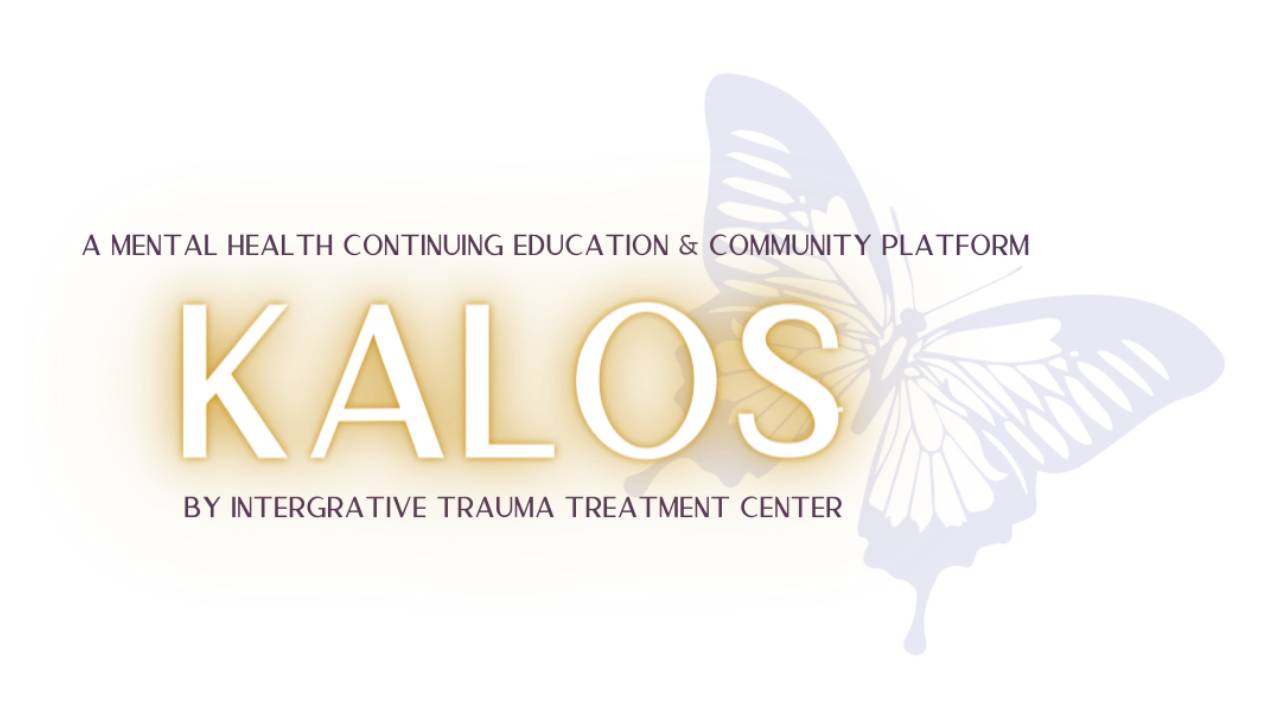Mindfulness-Based Approaches for Suicide Prevention
The knowledge and skills needed to make a positive impact in suicide intervention. By embracing mindfulness-based approaches, you can enhance your ability to support individuals in crisis and contribute to saving lives.
About This Course
Delve into the world of mindfulness as a powerful practice for suicide intervention. Gain a comprehensive understanding of mindfulness and its application in suicide prevention. Explore specific mindfulness tools tailored for addressing suicidality, and learn how to effectively apply these interventions through illuminating case vignettes.
Key Learning Objectives:
-
General Overview of Mindfulness: Acquire a foundational understanding of mindfulness as a practice, including its principles and techniques.
-
Benefits of Mindfulness for Suicidality: Discover the profound benefits of mindfulness in suicide intervention, including its role in fostering emotional regulation, coping skills, and resilience.
-
Mindfulness Interventions for Suicide: Develop practical skills in utilizing mindfulness interventions to effectively address suicidality, enhancing your ability to support individuals in crisis.
Course admission requirements:
Minimum of a Master's Degree in a mental health or related field; or be a student in social work, psychology, counseling, or a related field. In Low- and Middle-Income Countries, a minimum of a Bachelor's degree in social work, psychology, counseling, or a related field is required.
Enroll in Just this CourseMEET THE PRESENTER
DIANE BIGLER, LCSW, LSCSW
Diane is a Licensed Clinical Social Worker in Missouri and Kansas. She has over 20 years of experience in the fields of psychology, social work and mental health. Diane was an Adjunct Professor of Social Work at The University of Kansas, School of Social Welfare, for over 10 years. She obtained her master's degree in Social Work from KU in 2006, with clinical concentrations in Children & Families and Mental Health. Diane taught classes in the Clinical Master's program, which included: Clinical Social Work Practice, Loss and Grief, Cognitive Behavior Therapy, Family Therapy, Advanced Standing Practice, and Mental Health & Psychopathology. Diane was also a practicum Field Instructor, Field Liaison and Community Education trainer for the School of Social Welfare. Diane has facilitated hundreds of trainings to mental health professionals, physicians and nurses, teachers, police officers, business personnel, and local City Council members. Diane enjoys the creativity that comes with envisioning and designing trainings, and aims to provide trainings that are informative, engaging and skill-building. She has customized and facilitated leadership and corporate trainings to EAP clients on wellness and business topics.

Course Materials
- Prerecorded Video (Mindfulness-Based Approaches for Suicide: 60 minutes)
- Presentation
- Quiz
- Presentation Feedback Survey
- Certificate of Completion*
*A passed quiz of at least 80% and a completed feedback survey required for certificate.
Continuing Education (CE) hours
1 NBCC CE hour are available for licensed mental health providers. Please check with your licensing board to confirm that NBCC CE hours are accepted.
Integrative Trauma Treatment Center (ITTC) has been approved by NBCC as an Approved Continuing Education Provider, ACEP No. 6912. Programs that do not qualify for NBCC credit are clearly identified. Integrative Trauma Treatment Center (ITTC) is solely responsible for all aspects of the programs.

Become a Member!
A monthly subscription to ITTC’s Professional Learning Community, KALOS Includes:
- Unlimited Access to asynchronous courses and workshops with more being added all the time.
- Access to the Learning Community where you can connect with colleagues worldwide.
- Discounts on our live events like trainings, webinars, retreats, and our Trauma Summit.
All courses offer continuing education credits unless otherwise indicated.
Join KALOS
